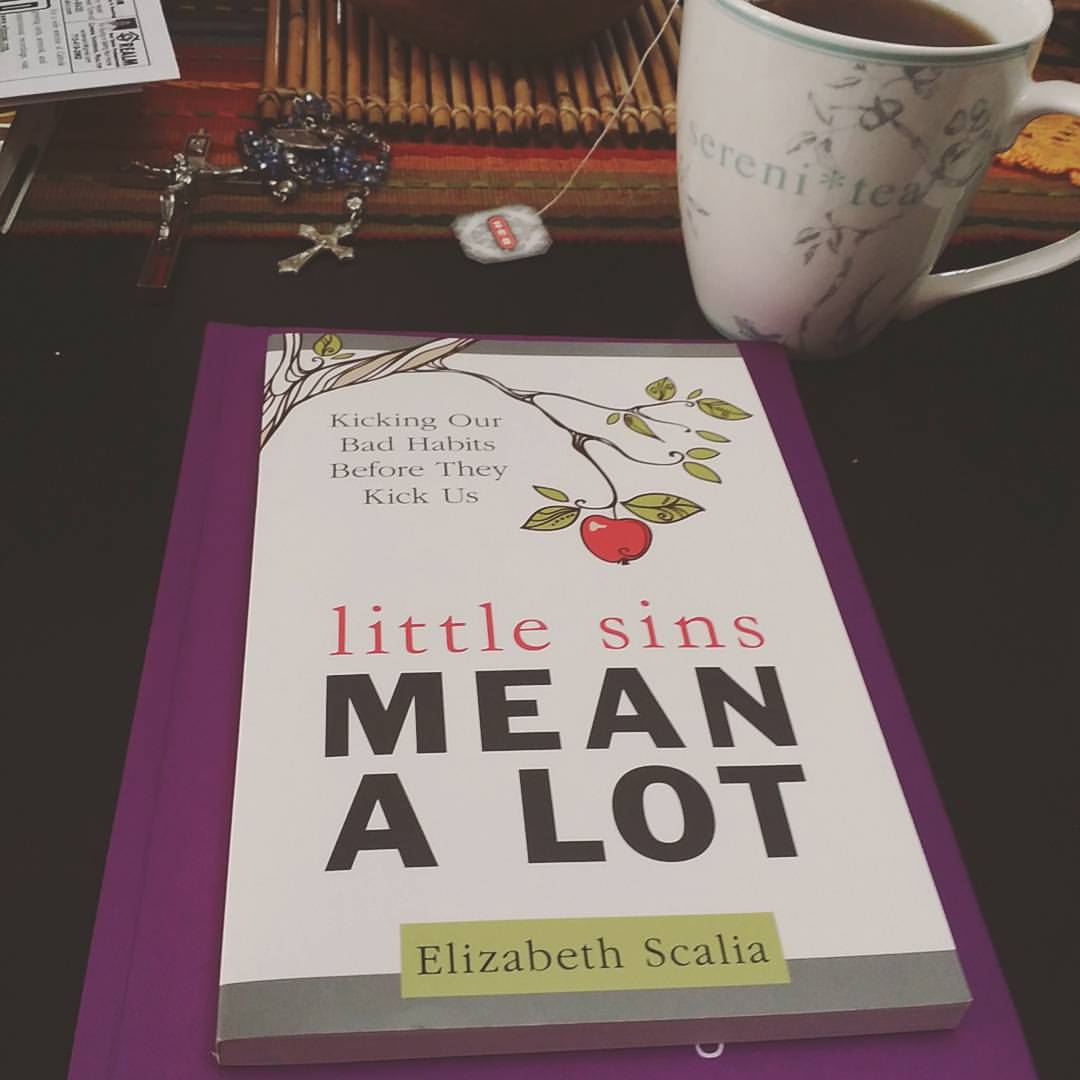Interesting fact: I first met Christopher Kaczor, author of The Gospel of Happiness when he was giving a lecture at Cafe Catholica. His lecture focused on “The 7 Big Myths About the Catholic Church.” One of the myths he mentioned was that the Catholic Church doesn’t care about earthly happiness and he mentioned this book in his lecture.
The Gospel of Happiness looks into how the practice of positive psychology can be incorporated into a Catholic lifestyle. In spite of the preconceptions people have about psychology and religion and the seeming incompatibility of the two, there are aspects of positive psychology that complement the teachings of the Catholic Church and these aspects are what the book chooses to focus on. The book is divided into seven chapters that look into how happiness, the theological virtues, prayer, gratitude, forgiveness, the practice of virtue, and willpower contribute to a person’s overall happiness and well-being.
One major issue people have with Christianity is “prosperity gospel.” And yes, I had a prosperity gospel phase. In recent events, however, my idea of happiness in Christianity is that it’s not so much of “prosperity gospel” as it is “providential gospel.” The difference is that prosperity gospel has unrealistic expectations of what God will give people and puts what people want ahead of what God wants, when taken to the extreme. Providential gospel is taking a cue from Mother Teresa: The Lord will provide for what you need, not necessarily what you want. The Gospel of Happiness takes a more realistic approach and cites research studies that show that unrealistic expectations contribute to overall unhappiness. It also looks into how to be happy even when enduring suffering.
One issue with prosperity gospel is that it tends to ignore suffering or just play it off as just part of having a negative mindset. The Gospel of Happiness, on the other hand, has a whole chapter about the benefits of forgiveness and the chapter on gratitude talks about how God can bring something good out of something bad. The book also goes against the secular mindset that people have to focus on making themselves happy as the number one priority. While a healthy self-love is definitely important, putting one’s ambitions and desires over the needs of others ends up leading to bad things in the long run. In the chapters that focus on virtue, Kaczor shows the benefits of kindness and doing good things for other people.
There were a lot of new things I learned from this book that I didn’t get from my phase of reading self-help books and listening to prosperity gospel. I know I use the word “depth” a lot when I talk about movies or books, but yeah, this book is full of depth. It goes deeper than just making goals or having faith. It actually lays out plans of action.
I highly recommend this book to people who want a different take on the self-help genre. Protestants can easily enjoy this book as much as any Catholic. I would even take a chance and show it to people who see themselves as spiritual but not religious. Because religion, despite what people think, isn’t a rigorous set of man-made rules. It’s a relationship. Religion is a relationship that a person has with God as well as the community of the world at large. Religion keeps a person grounded and humble. Or at least that’s what religion is supposed to be. And I think that’s what The Gospel of Happiness is really about.













